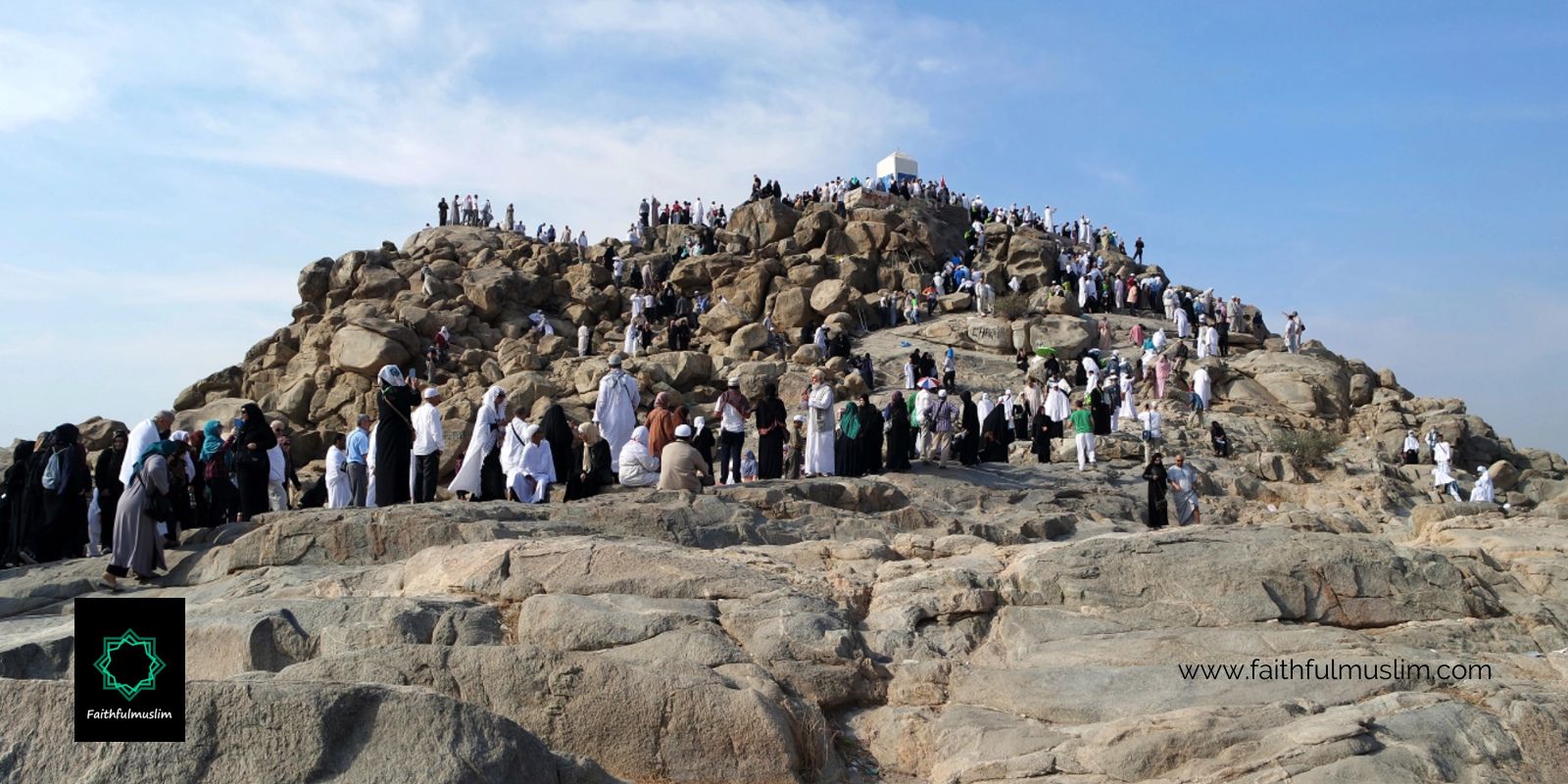Hajj is a great journey, but also a big test. You may face many challenges, physical, financial, and emotional. But with good preparation and patience, you can overcome them. Here are some common issues during Hajj and simple tips to manage them.
Physical Challenges
Heat and Dehydration
The weather during Hajj can be very hot. You may lose water from sweating. This may cause heat exhaustion or even heatstroke.
Overcrowding
Crowds can gather quickly in many areas, making it hard to walk or move around. This can sometimes cause people to fall or get hurt.
Fatigue and Foot Pain
Walking for many hours can make you very tired. You might get blisters or pain in your feet. This can make it hard to finish the Hajj rituals properly.
Infectious and Communicable Diseases
Staying close to people raises the chance of catching diseases. These may spread fast among pilgrims.
Solutions to Manage These Challenges
- Drink water often. Rest between rituals.
- Use umbrella and shade whenever you can. Avoid staying too long in direct sunlight.
- Wear a hat and light shoes. Walk slowly. Know your limits.
- Keep any needed medicine with you. Adjust the timing of medicine if required.
- Practice walking long distance at your home for a few months before going to Hajj to prep your body better for the exhaustion.
- Practice good hygiene. Wash hands often. Cover your nose and mouth when needed. Look around and stay alert in crowds.
Financial Challenges
High Cost and Waiting
Hajj is expensive because of the costs for travel, food, and accommodation. Many people have to wait for years to go because there are limits on how many can come from each country, and many want to perform Hajj!
Unplanned Expenses and Currency Issues
Exchange rates and emergencies raise costs. Price increases and poor funding systems also add stress.
How to Manage Costs and Risks
- Set a budget early. Count every expense. Save monthly. Use halal investments.
- Choose honest and trustworthy agents for your Hajj. Check their reputation carefully. Plan your trip well in advance, even years before if possible. Keep some extra money saved for emergencies.
- Compare different options for travel and services. Avoid anything that looks like a scam or dishonesty.
- Understand the real costs of Hajj and the official government rules related to it. Always make careful and informed decisions about your money, and stay alert to protect your savings.
Other Challenges
Crowds and Queues
During Hajj, a large number of people gather in small areas. Sometimes lines become very long. Many feels confused in big crowds and wait for a long time without comfort.
Communication and Tech Issues
People speak different languages, which can cause confusion. Some have trouble understanding instructions. Technology helps, but it can also cause problems. Using it too much hurts nature and distracts many people.
What to Do
- Stay calm in line. Listen to the staff and try to follow the signs.
- Ask people nicely if you need help. Usually a lot of university students volunteer during Hajj to provide assistance.
- Try to stay with your group. If you are lost, ask help from authority or volunteers.
- Use guides or apps, but don’t rely on them completely.
- Respect nature and throw your trash in the right place. Remember your duties and be patient with everyone.
Conclusion
Hajj is indeed a big test for any pilgrim. Hajj steps can be physically draining for people of all ages. Besides financial constraints can hamper your Hajj plans. Knowing these challenges and how to overcome them can help you prepare yourself for a rewarding Hajj journey.
